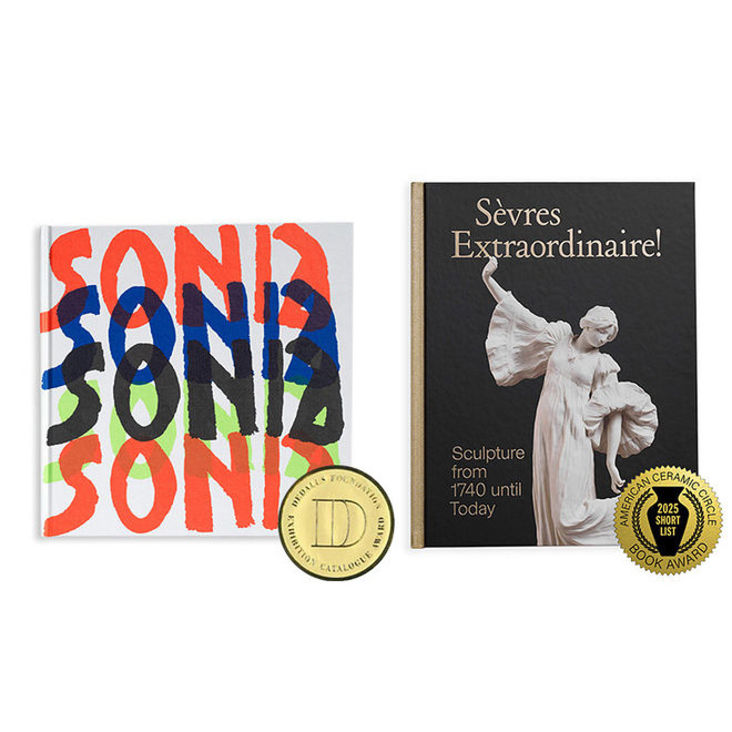Crafting Intersectionality
The critical framework of “intersectional feminism” was first theorized Black scholar Kimberlé Crenshaw in the late 1980s to highlight the ways in which social identities, such as race, class, and gender, and systems of inequality and discrimination, can “intersect” to create complex dynamics and impacts. It has its roots in longer histories of women-of-color feminisms and continues to be a productive research—and activist— framework to the present. Grounded in the thinking of Black, Indigenous, queer, disability, and other theorists, this class asks what a critical intersectionality framework can add to craft research. We will think with theory (whether as academic writing, storytelling, craft practice, or other genres) as “liberatory practice,” in the words of black feminist writer bell hooks, which can complicate our consideration of craft histories, presents, and futures.This class interrogates the discourse of craft, considering how the term “craft” has been deployed historically to create racialized, gendered, ethnic, regional, colonial, nationalist, and other hierarchies which marginalize some artistic practices. This course will also look at how craft practices have historically sustained marginalized communities and at contemporary artists reclaiming craft—a term unbounded by media which presses against the historically constructed limits of “art”—in powerful ways. Ultimately, we will ask, “Can craft, too, be a liberatory practice?” We will read theory from the 1970s to the present and practice using theory as critical frameworks to discuss diverse craft artists and traditions, concentrating primarily on the United States. Students will be encouraged to bring their own practices and research interests into classroom discussions, presentations, and research. As a semester does not allow a comprehensive survey of crafting intersectionality, the penultimate class topic will be developed collaboratively by the class in response to our interests and concerns.
We will also visit museum collections and invite craft artists and thinkers to join us in the classroom. 3 credits. May satisfy the digital literacy requirement, depending on final project.










